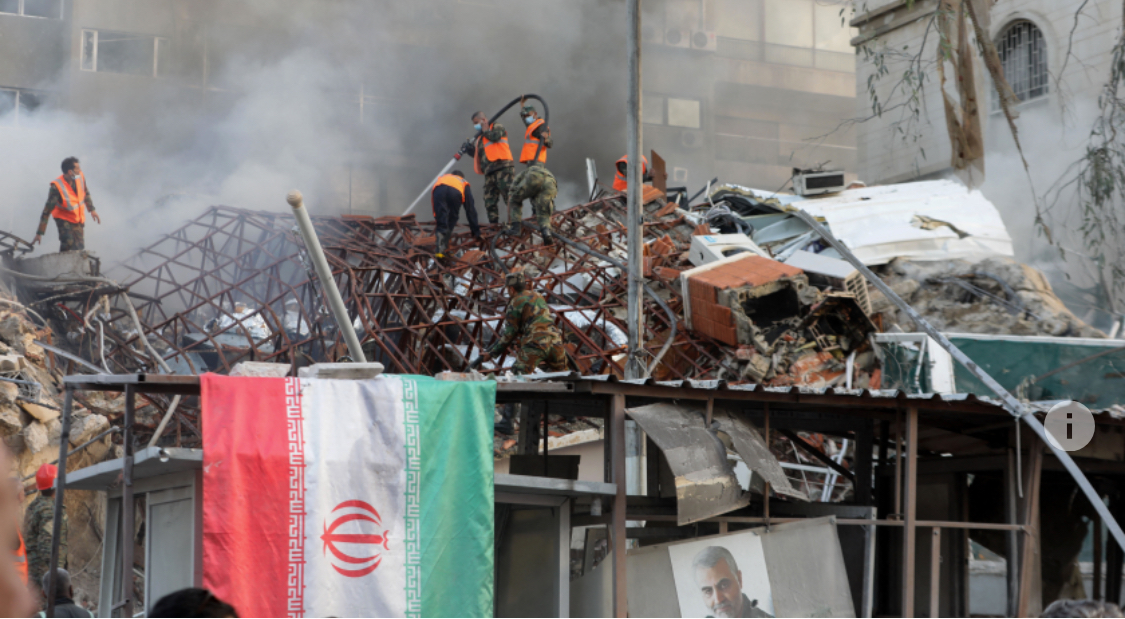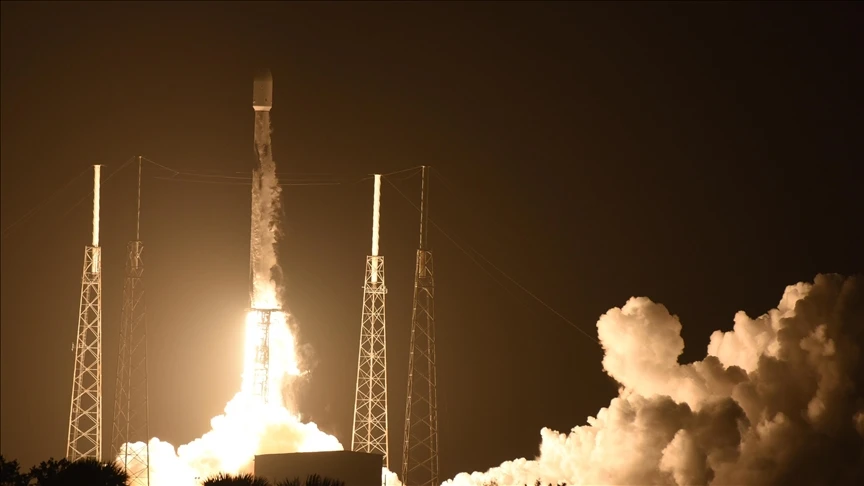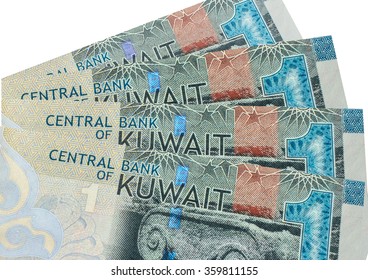Iran and Israel are trading threats and counter-threats following the 1 April strike, attributed to Israel, on the Iranian consulate in Damascus. It is imperative that both sides avoid further escalation – or an all-out Middle East conflagration could result, In the succeeding days, the leadership in Tehran has been warning that it will take revenge, trading threats and counter-threats..
Tensions between Iran and Israel have been building for years. In Syria, Israel has been conducting an active military campaign its strategists call “the war between the wars”, targeting Iranian arms shipments, some of which are headed to Lebanon, and Iranian-linked personnel; the Damascus strike was the latest in a series of operations since late 2023 against members of the Revolutionary Guards and its Qods Force.
It has also carried out repeated covert actions to impair Iran’s nuclear program, military facilities and energy infrastructure; and exchanged tit-for-tat attacks with Iran on the high seas and in cyberspace. Iran, meanwhile, for whose government hostility to Israel is a core revolutionary tenet, has long supported a variety of militias that Israel views with concern. Iran has long armed and trained Hamas; it applauded the group’s deadly 7 October 2023 attack in southern Israel.
It is imperative that both sides, with encouragement and pressure from their partners, avoid a major escalation or at least contain it in time and scope. Even if they succeed in doing so on this occasion, the continuation of the war in Gaza is pushing the Middle East closer to the cliff, a catastrophic scenario in which everyone will lose.




